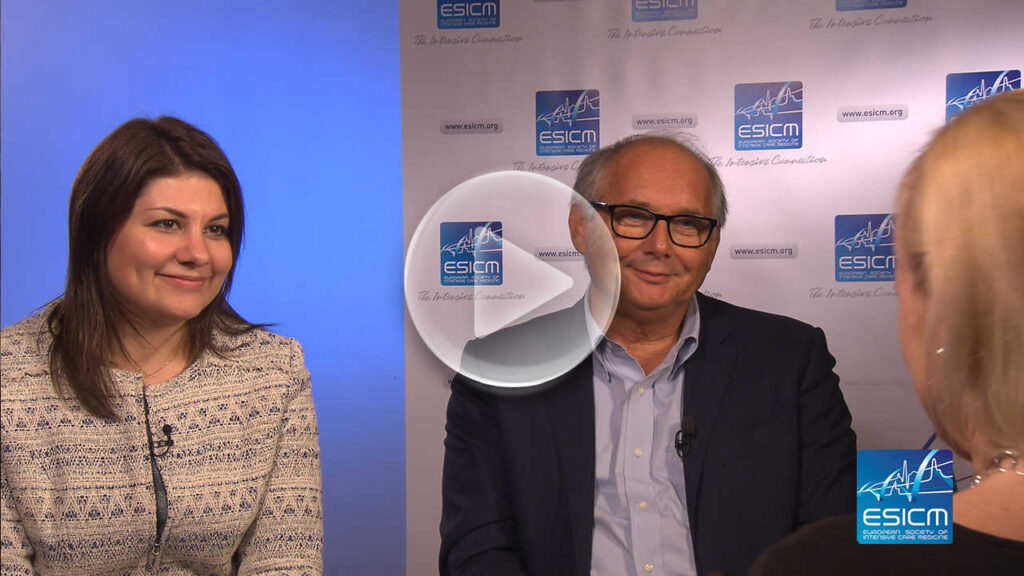SYNAPSE-ICU – An international prospective observational StudY on iNtrAcranial PreSsurE in intensive care (ICU)
Publication
Intracranial pressure monitoring in patients with acute brain injury in the intensive care unit (SYNAPSE-ICU): an international, prospective observational cohort study by Chiara Robba et al, The Lancet Neurology, Vol.20, issue 7 pp 548-558
What?
Intracranial pressure (ICP) monitoring is the most common neuromonitoring modality used in neurocritical care (NCCU) around the world. Uncertainties remain around ICP monitoring both in traumatic and non-traumatic brain injury, and variation in clinical practice of ICP monitoring exists between ICUs. This project, initiated by the ESICM NIC Section is an international prospective observational study that will be conducted in several ICUs in different countries.
Why?
The objectives of the study were to explore ICP monitoring variation in practice in order to prioritise uncertainties in the clinical management of critical care patients with acute brain injury and support further collaborative hypotheses based prospective studies.
How?
Methods
Sample Size
This international prospective observational study aimed to recruit >5000 patients in coma after acute traumatic and non-traumatic brain damage admitted to >500 Intensive Care Units.
Inclusion Criteria
Admission to ICU following acute brain injury (ABI) in:
- Haemorrhagic stroke, including: intracerebral haematoma subarachnoid haemorrhage;
- Traumatic brain injury (penetrating and non-penetrating).
- Age >18 years old.
- Eye Opening of the Glasgow Coma Scale = 1 on admission to ICU or neuroworsening with no Eye opening in the first 48 hrs.
- Motor score of the Glasgow Coma Scale on admission to ICU <6 or neuroworsening with motor score decreased to <6 in the first 48 hrs.
Exclusion Criteria
- Acute brain injury (ABI) not admitted to ICU.
- Other ABI (infective CSN disorders, ischemic stroke) not included in the inclusion criteria.
- Age < 18 years old.
- Eye opening on admission > 1 or Motor score of the Glasgow Coma Scale on admission to ICU = 6 without neuroworsening in the following 48 hours.
Outcome measures
Glasgow Outcome Scale-Extended at 3-6 months
Endpoint
The primary endpoint of the study was the exploration of the effect size of the variation in clinical practice around ICP monitoring in acute brain injury patients.
Duration of study
Screening and recruitment: 12 weeks at each centre.
Follow-up: outcome measures will be collected at 3-6 months.
Financial support
The project received a €50,000 grant from ESICM after inclusion in the Trial Group portfolio.
Principal Investigator
Giuseppe CITERIO University Milano Bicocca & Hospital San Gerardo, Monza,(Italy)
Project Manager & Contact Person
Francesca ELLI University Milano Bicocca, Monza (Italy)
Documents
Media
In this comprehensive icTV interview, Giuseppe Citerio and Lara Prisco discuss the questions that the SYNAPSE-ICU study hopes to answer, which centres they are seeking to join and the timeline for this important ESICM Trials Group project.

For more information, please contact: research@esicm.org
Follow us on Twitter: @SYNAPSE_ICU